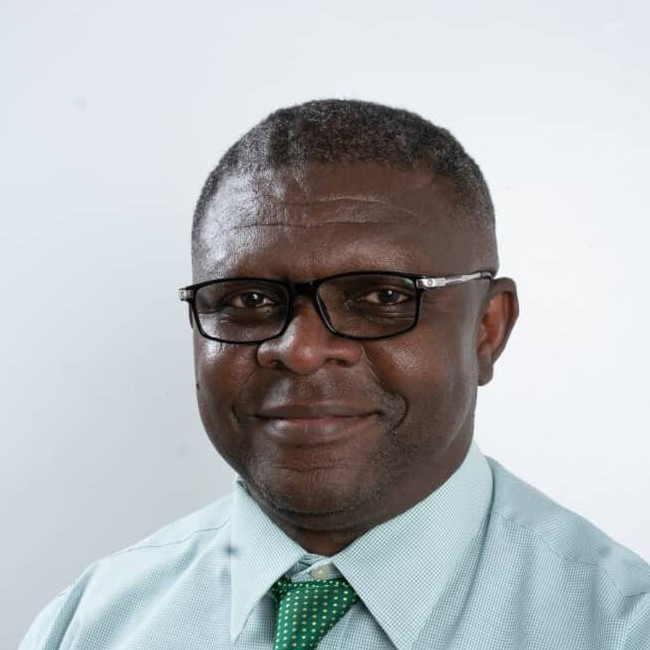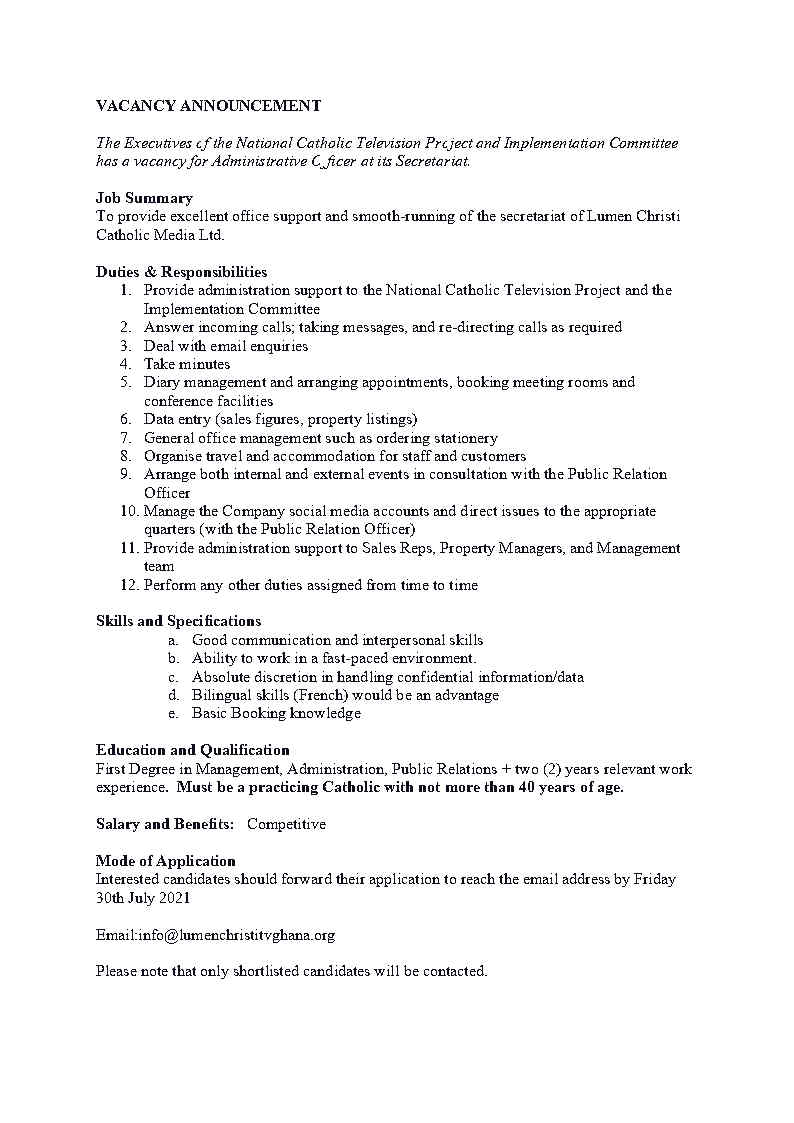The Paediatric Society of Ghana (PSG) has launched a National Child Road Safety Campaign with the slogan: “Stop! Think Child Safety,” to intensify public awareness about the dangers that children faced as pedestrians or road users.
Dr John Adabie Appiah, a Senior Specialist for Paediatric Critical Care at the Komfo Anokye Teaching Hospital (KATH), Kumasi, in his opening remarks at the virtual meeting for the launch, said road accidents were becoming a major global public health threat and required a multi-sectorial approach to address it.
He said current statistics in Ghana showed that there were over 12,000 road crashes involving 20,000 vehicles resulting in 12,300 injuries, leading to an estimated cost of about 1.6 per cent of the country’s Gross Domestic Product.
Again, it was estimated that of the 72 per cent of every 100,000 people who suffered serious injuries from these accidents, more than 60 per cent were children, he said.
He said close to 15 per cent of patients admitted to the Intensive Care Unit of the Accident Centre at the KATH for instance, were involved in road accidents with various degrees of injuries and disabilities including loss of body parts, leaving these persons to suffer physical and psychological trauma.
“Averagely, a household could spend close to GH¢ 12, 000 as the cost of treatment, which leads most of them into huge indebtedness and frustration,” he said.
Dr Appiah said the maiden campaign of the PSG, was therefore aimed at enhancing public awareness and education and called for the involvement of all stakeholders to get involved.
Dr Mame Yaa Nyarko, the Medical Superintendent of the Princess Marie Louis Children’s Hospital in Accra, also said the “World Health Organisation estimates that every four minutes a child may die from a road traffic accident,” which was unacceptable and unfortunate, and required urgent strategies to address the menace.
However, Ghana does not have a specific national road traffic safety policy in place for children, saying “our existing document on accidents and emergency had only a small portion in its pages devoted to children,” she said.
Dr Nyarko noted that apart from their direct involvement in road traffic crashes, children also suffered greatly from the consequences of accidents resulting in the loss of their parents, siblings or benefactors.
Mrs Linda Asante-Agyei, the Vice-President of the Ghana Journalist Association, said road traffic accidents had been estimated to be among the leading cause of death among Ghanaian school children, due to the absence of pedestrian walkways and zebra crossings on some major streets, and a lot could be done to address the anomalies to enhance road safety for users.
She said noted the low level of road safety education among school children, teachers and parents, and pledged the support of the media towards this undertaking, using their existing platforms to set the agenda for national discussions, and helping in the dissemination of key information on flyers and other materials developed by the NRSA and the PSG, to raise the needed awareness.
Mr Martin Aryee, the Deputy Commissioner of Police at the Central Motor and Transport Directorate, Ghana Police Service, warned that ensuring road safety was the responsibility of both drivers, commuters and users of the facility, hence all must be involved.
The participants during the question and answer section moderated by Dr Hilda Mantebea Boye, the Greater Accra Regional Secretary, PSG, made suggestions including the need for the active involvement of the School Help Education Programme (SHEP) in championing the campaign in basic education institutions and using Parents-Teacher Associations to send key messages to the pupils.
Others called for the construction of speed rumps and the placement of visible speed limits close to educational establishments, intensifying enforcement of the laws and punitive measures for offenders, and urged the PSG to document some of the cases received in health facilities, for the media to use as evidence for its public education.
Dr Boye said the PSG would be having a broader consultation with a wide range of key stakeholders for the success of the campaign.




